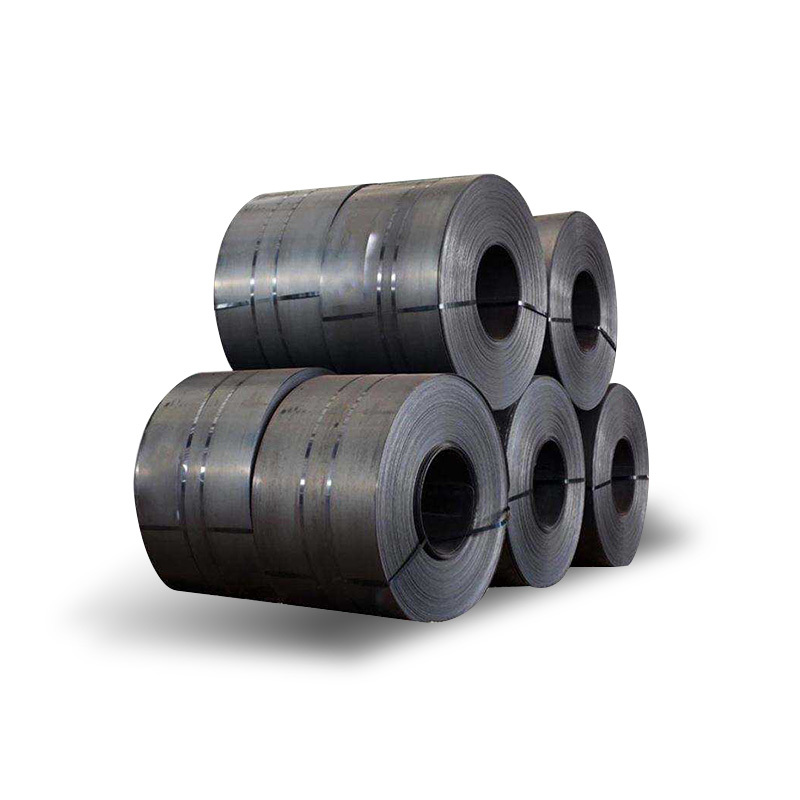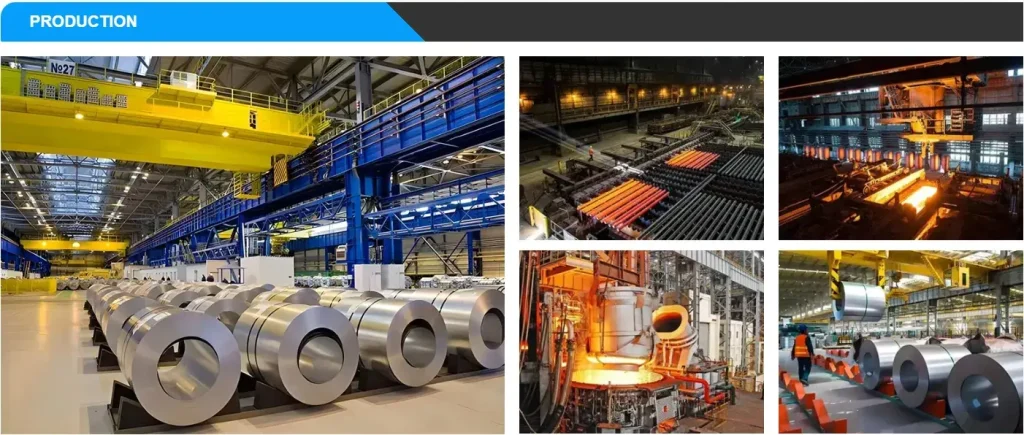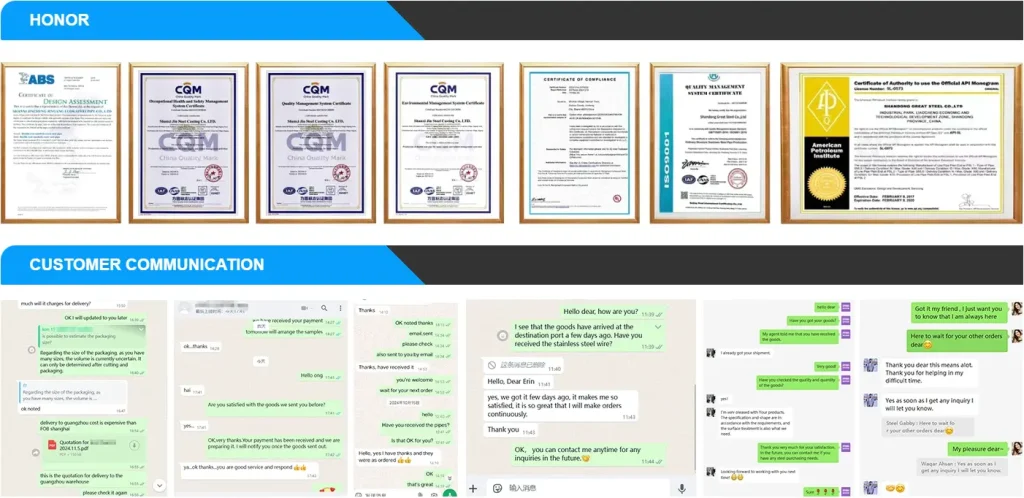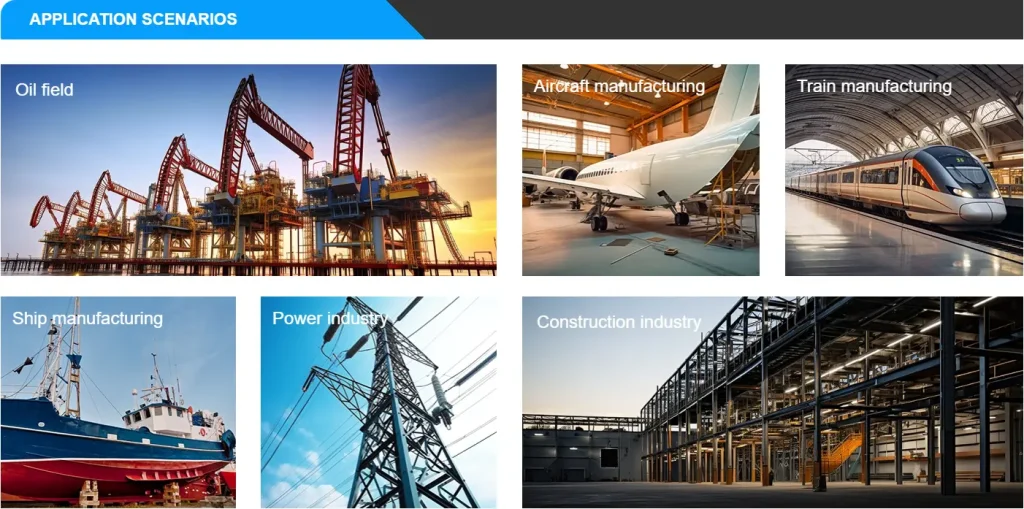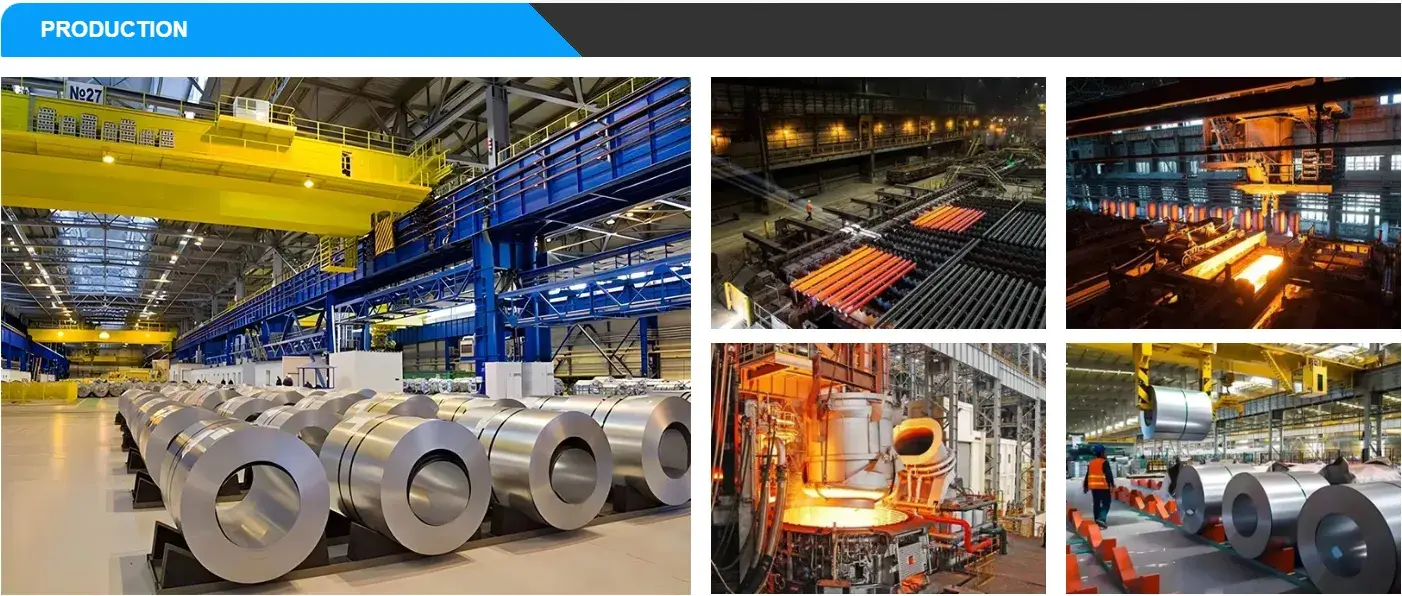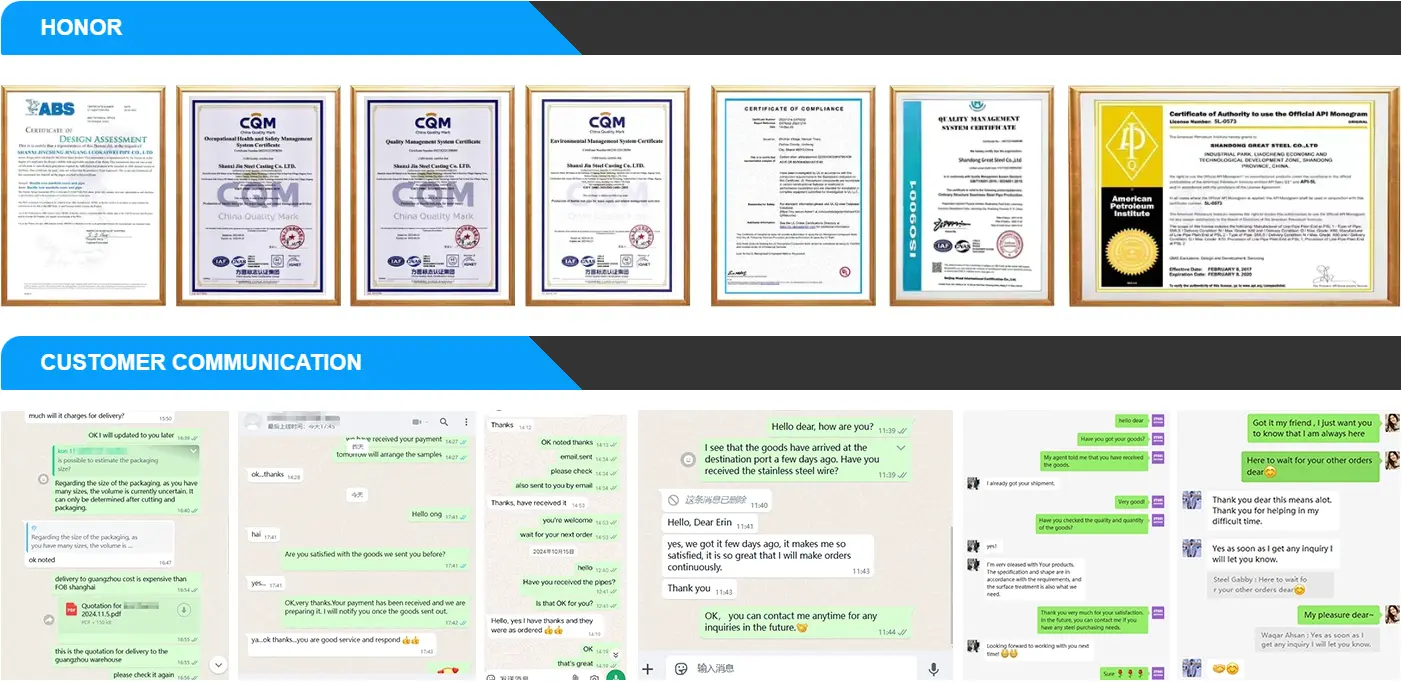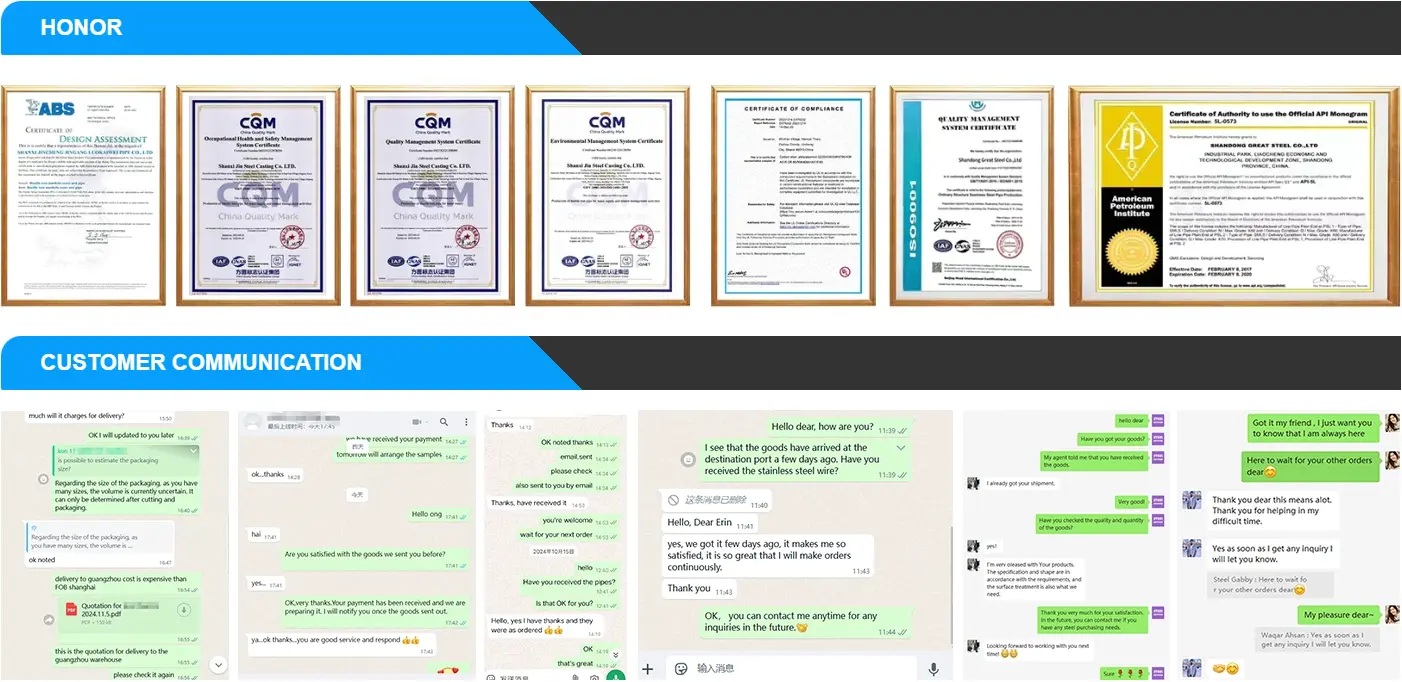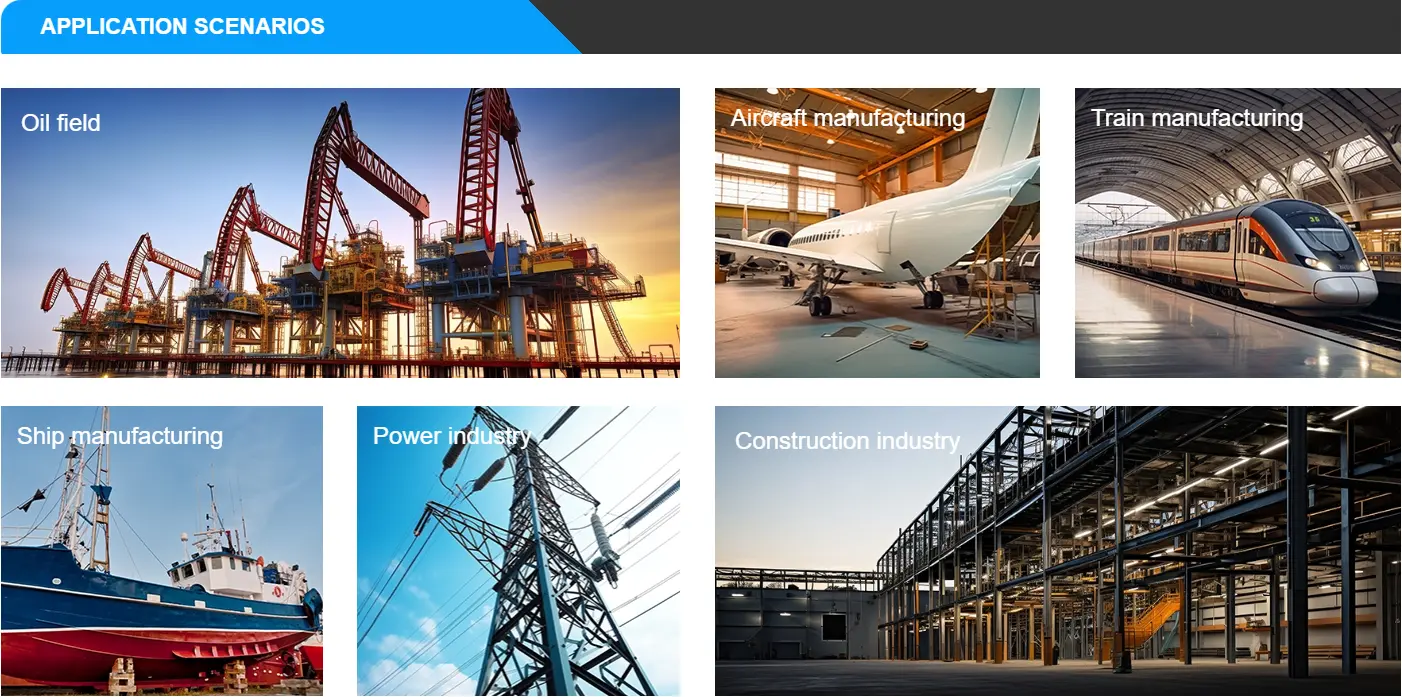ASTM A387 Pressure Vessel Steel Coil: High-Temperature Chromium-Molybdenum Alloy for Critical Applications
Product Overview
ASTM A387 pressure vessel steel coil is a chromium-molybdenum (Cr-Mo) alloy designed for boilers, reactors, and high-temperature pressure systems operating up to 600°C. Available in Grades 5, 9, 11, 12, 22, 22L, 91, and 911, it meets ASME SA-387 and EN 10028-2 11CrMo9-10 standards. With tensile strengths ranging from 380 MPa (Grade 12 Class 1) to 690 MPa (Grade 22 Class 2), it excels in hydrogen service, sulfur recovery units, and power plants.
Key Technical Specifications
1. Production & Dimensions
- Process:
- Hot-rolled: 2.75–100mm (±1.2% thickness tolerance per ASTM A20)
- Cold-rolled: 0.2–3mm (±0.4% tolerance for precision forming)
- Width: 45–2,200mm (compatible with laser/plasma cutting)
- Surface: Annealed scale-free finish (Ra ≤3.2µm) or PTFE-coated for corrosion resistance
2. Chemical Composition
| Grade | C (%) | Cr (%) | Mo (%) | Si (%) | Key Features |
|---|---|---|---|---|---|
| 5 | ≤0.15 | 3.9–6.1 | 0.4–0.7 | ≤0.55 | Sulfidation resistance |
| 9 | ≤0.15 | 7.9–10.1 | 0.85–1.15 | ≤1.05 | Creep strength @ 540°C |
| 91 | 0.06–0.15 | 7.9–9.6 | 0.8–1.1 | 0.18–0.56 | Enhanced toughness (Grade 91L for nuclear) |
Trace elements: P/S ≤0.025%, V ≤0.03% (Grade 91)
Mechanical Properties
| Grade | Class | Tensile (MPa) | Yield (MPa) | Elongation (%) | Impact Energy (J @ 20°C) |
|---|---|---|---|---|---|
| 5 | Class 1 | 415–585 | ≥205 | 18 | 40 |
| 5 | Class 2 | 515–690 | ≥310 | 18 | 35 |
| 22 | Class 1 | 415–585 | ≥205 | 18 | 45 |
| 91 | Class 2 | 585–760 | ≥415 | 15 | 28 (@-20°C) |
Tested per ASTM A370 (tensile) & ASTM E23 (Charpy V-notch)
Performance Advantages
- High-Temperature Durability:
- Creep rupture strength:
- Grade 9: 85 MPa @ 600°C (10,000h)
- Grade 91: 100 MPa @ 600°C (10,000h)
- Thermal fatigue resistance: 3,000+ cycles (ΔT=300°C, Grade 22)
- Creep rupture strength:
- Hydrogen & Sulfur Resistance:
- H₂ Compatibility: Compliant with NACE MR0175 for H₂S partial pressures up to 0.5 psi.
- Sulfidation rate: ≤0.1 mm/year @ 400°C (Grade 5 in refinery units).
- Weldability:
- Preheat temperature: 150–200°C (GTAW with ER90S-B9 filler).
- PWHT: Mandatory at 690–760°C for Class 2 materials.
- Cost Efficiency:
- Reduces material costs by 30% vs. stainless steel 316L in hydrocrackers.
- ASME U-stamp certified for refinery reactors and heat exchangers.
Applications
| Industry | Use Case | Recommended Grade |
|---|---|---|
| Oil & Gas | Hydrodesulfurization reactors | Grade 12 Class 2 |
| Power Plants | Superheater tubes (600°C steam) | Grade 91 |
| Chemicals | Ethylene cracking furnaces | Grade 22L |
Global Equivalents
| ASTM A387 | EN 10028 | DIN | JIS G4057 | GB 5310 |
|---|---|---|---|---|
| Grade 5 | 13CrMoSi5-5 | 12CrMo195 | STPA23 | 15CrMoG |
| Grade 91 | X10CrMoVNb9-1 | 10CrMo9-10 | STPA26 | 10Cr9Mo1VNb |
Sustainability & Compliance
- Recycled Content: 75% (mill-certified)
- RoHS Compliance: Lead-free, Hexavalent Cr <0.01%
- Certifications: ISO 3834-2 (Welding), PED 2014/68/EU
Product Show
G90 Galvanized Sheet supplier
Luo Kaiwei Steel Company is a comprehensive steel supplier that produces a variety of carbon steel plates, carbon steel pipes, galvanized steel, carbon steel coils, and steel profiles.


